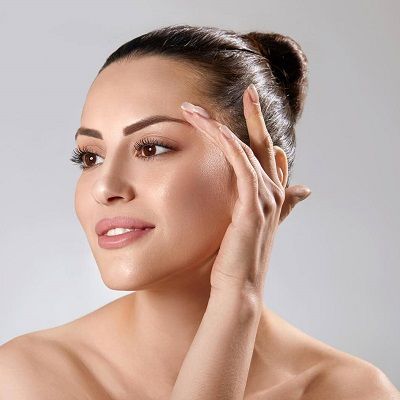Introduction
In recent years, Botox has transitioned from being a niche cosmetic procedure to a mainstream treatment embraced by individuals seeking both aesthetic and psychological benefits. Initially known for its ability to smooth wrinkles and reduce the appearance of fine lines, Botox—short for Botulinum toxin—has garnered increasing attention for its psychological impact. This article explores how Botox treatments at the Best Botox Clinic in Muscat not only enhance physical appearance but also contribute to improved mental well-being and confidence.
The Science Behind Botox
What is Botox?
Botox is a purified protein derived from the bacterium Clostridium botulinum. When administered in small doses, it temporarily paralyzes muscles, reducing the appearance of wrinkles by preventing muscle contractions. Initially approved for medical conditions such as chronic migraines and excessive sweating, Botox's cosmetic uses were soon recognized, leading to its widespread acceptance in aesthetic treatments.
How Botox Affects the Skin
Botox works by blocking the nerve signals that cause muscle contractions. When injected into specific facial muscles, it effectively smooths out lines and wrinkles, particularly in areas like the forehead, between the eyebrows, and around the eyes. The result is a more youthful and relaxed appearance, which can significantly alter how individuals perceive themselves.
The Psychological Impact of Botox
Boosting Self-Esteem
One of the most significant psychological benefits of Botox is its impact on self-esteem. Many individuals who undergo Botox treatments report a notable increase in their self-confidence. This boost can be attributed to the enhanced appearance, which aligns with personal ideals of beauty and youth. Feeling more attractive can lead to improved self-perception and a more positive outlook on life.
Enhancing Social Interactions
Improved self-confidence often translates into better social interactions. Individuals who are pleased with their appearance are more likely to engage in social activities and form connections with others. This heightened social interaction can contribute to a greater sense of belonging and reduce feelings of social anxiety or isolation.
Reducing Stress and Anxiety
The act of investing in one's appearance through Botox treatments can also have a calming effect. For many, the process of taking time for self-care and focusing on personal well-being can reduce overall stress levels. Furthermore, the confidence gained from improved appearance may lessen feelings of anxiety related to personal and professional situations.
Psychological Perception of Aging
Aging is often associated with negative psychological effects, including feelings of diminished attractiveness and self-worth. Botox treatments can counteract these effects by addressing visible signs of aging. By reducing wrinkles and restoring a youthful appearance, Botox helps individuals feel more aligned with their self-image, thereby mitigating age-related psychological distress.
The Role of Clinics and Practitioners
Professionalism and Patient Care
The role of medical professionals in administering Botox cannot be overstated. Skilled practitioners not only ensure the efficacy and safety of the treatment but also play a crucial role in managing patients' expectations and addressing their psychological concerns. A supportive and professional clinic environment contributes significantly to the overall positive experience of Botox treatments.
Ethical Considerations
While Botox offers numerous psychological benefits, it is essential to approach cosmetic enhancements with a balanced perspective. Clinics must prioritize ethical considerations, ensuring that treatments are recommended based on individual needs rather than societal pressures. Encouraging a healthy relationship with one’s body and self-image is paramount.
Conclusion
Botox treatments extend beyond mere cosmetic enhancements; they play a significant role in boosting psychological well-being and confidence. By smoothing wrinkles and improving appearance, Botox can lead to increased self-esteem, enhanced social interactions, and reduced stress and anxiety. As the popularity of Botox continues to rise, understanding its psychological benefits highlights the importance of integrating aesthetic treatments with mental health considerations. Ultimately, Botox serves as more than a tool for physical transformation—it is a catalyst for improved self-perception and overall mental wellness.
